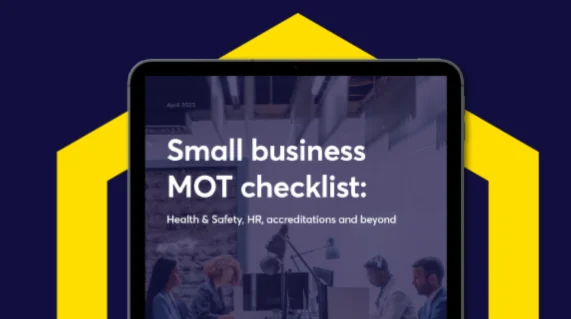Bringing subcontractors in is inevitable in the construction industry – they’re a good source of knowledge and labour, but knowing how to manage them is crucial. Bad management can lead to significant setbacks like project delays, budget overruns and compromised quality. Understanding how to manage subcontractors properly can be the difference between a successful project and a disorganised mess – so we’re here to walk you through the essentials of managing subcontractors in construction to make sure your projects run smoothly and meet all safety and quality standards.
Understanding the role of subcontractors
Subcontractors are independent professionals or companies hired to carry out specific tasks within a bigger project. Unlike direct employees, they bring more specialised skills to the table and often handle tasks like plumbing, electrical work or site safety. Their expertise means construction companies can use external talent to make sure internal resources aren’t spread too thin, but the relationship between contractors and subcontractors needs to be collaborative.
Why effective subcontractor management is crucial in construction
Bad management of subcontractors can cause quite a few issues, from safety breaches to legal complications. But effective management can improve project outcomes, reduce operational risks and foster a better working environment. A well-managed subcontractor relationship means clear communication, mutual respect and shared goals, which reduces risks and paves the way for better project completion.
Key steps for managing subcontractors effectively
- Pre-qualification and selection
Choosing the right subcontractor starts with a thorough pre-qualification process. It’s essential to evaluate potential partners based on experience, certifications and financial stability. You should use a structured vetting process to make sure you’re only considering the ones who meet regulatory and compliance requirements. This diligence right at the start of the process saves time and resources later on and prevents costly errors and reworks.
- Defining clear scope of work and contracts
A detailed scope of work is critical to avoid misunderstandings and ensure accountability. Contracts should outline timelines, deliverables and payment terms clearly – by setting expectations right from the start, you can reduce the chance of disputes and make sure that everyone is on the same page.
- Establishing communication protocols
Effective communication is the foundation of successful subcontractor management. Regular meetings and progress reports help maintain transparency and build trust – and using project management software can streamline this communication and, make it easier to document interactions and decisions. This makes sure everyone involved is informed and aligned with project goals.
- Setting expectations and monitoring performance
To make sure high standards of quality and safety are always being met, it’s important to set clear performance expectations. This includes setting out quality standards and safety protocols, tracking performance using key performance indicators (KPIs) and regular site inspections. These measures mean you can assess subcontractor contributions against defined benchmarks.
- Ensuring compliance and safety
Compliance checks and safety audits are non-negotiables in subcontractor management, and making sure everyone’s sticking to Health & Safety regulations don’t just protect workers but also protect your project from legal consequences. Regular audits and building a culture of safety can prevent accidents and create a secure environment.
Common challenges in managing subcontractors and how to overcome them
Managing subcontractors comes with it’s own set of challenges, including inconsistent quality, communication breakdowns and mismatched expectations. Overcoming these hurdles need practical solutions like detailed contracts to enforce quality standards and using software tools to manage timelines and communications. By addressing the challenges proactively, you can keep up the project momentum and integrity.
Using technology to improve subcontractor management
Technology can offer practical tools to ease subcontractor management. Project management platforms, scheduling tools and compliance tracking systems can streamline processes and improve efficiency. Platforms like HS Direct’s First For Contractors helps you process paperwork and record all your key documents. You’ll also be able to source talent easily and create automated alerts on any changes to your subcontractor’s documents to stay updated. If you’re interested in having a chat about how HS Direct can help you manage subcontractors more smoothly, call us on 0114 244 4461 or fill out our contact form to request a callback.





